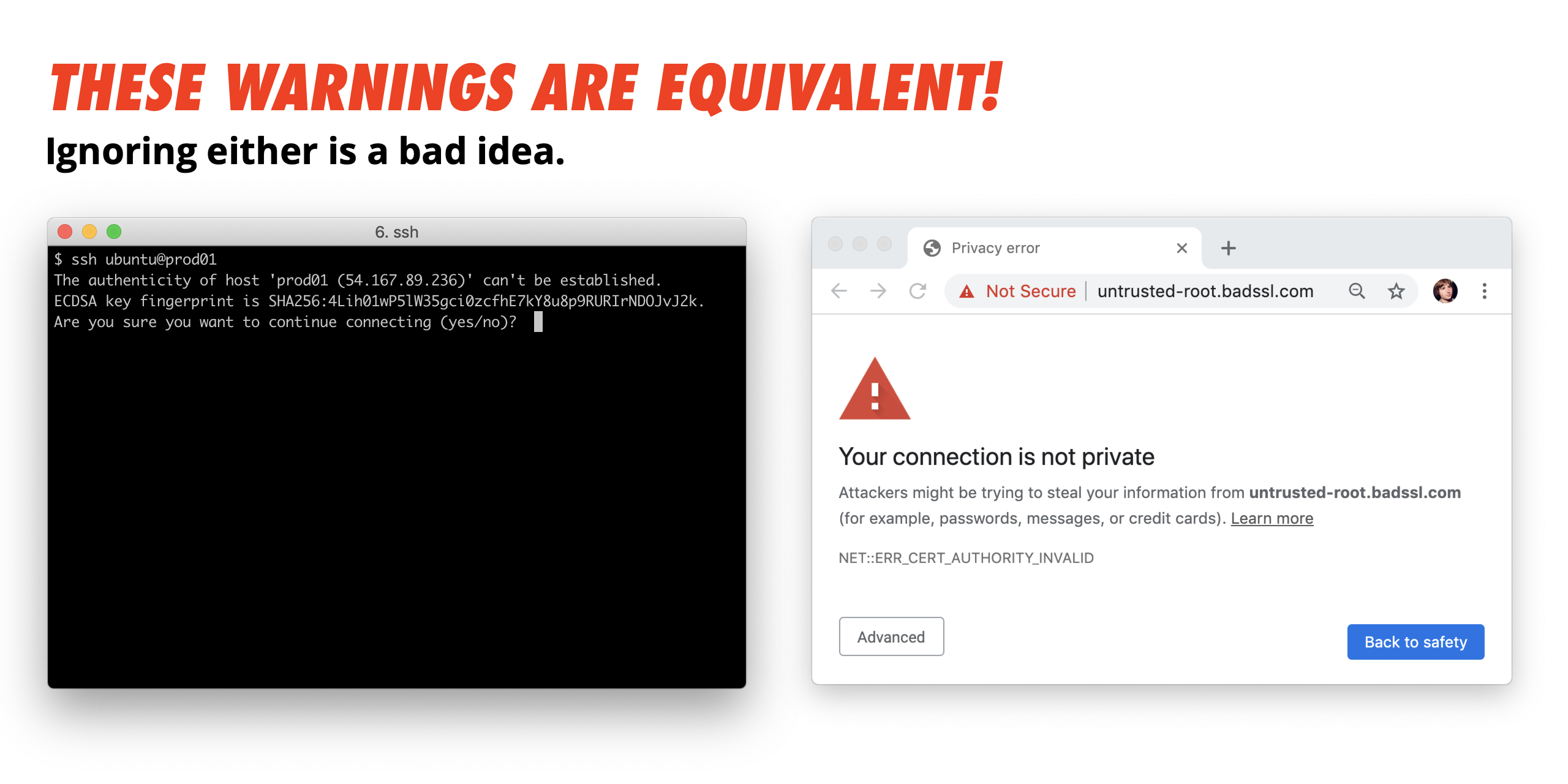Just for kicks, I wanted to try using an ECDSA key for ssh authentication. Unfortunately, the OpenSSH bundled with Mountain Lion (10.8) does not support ECDSA keys (nor can one even be generated with ssh-keygen.) The man pages for ssh-keygen and ssh-agent say they support ECDSA, but this is due to a naive man page generation assuming that since the OpenSSL library supports it, OpenSSH will too. Also, a PCI compliant OpenSSH isn’t bundled with OS X Lion (10.7) or older so this will also be useful for those users as well. Thankfully, Homebrew already has a recipe for installing an up-to-date OpenSSH so most of the work of upgrading is already done.
If you don’t already have Homebrew installed, follow its installation instructions first.
On line 397 GITSSHCOMMAND is set to 'ssh -oBatchMode=yes'. Since Homebrew replaces PATH when filtering the environment, ssh in this case is the system provided executable in /usr/bin.
Homebrew’s package index. Provides SOCKS and HTTPS proxy support to SSH. Browsh is a fully-modern text-based browser. It renders anything that a modern browser can; HTML5, CSS3, JS, video and even WebGL. Its main purpose is to be run on a remote server and accessed via SSH/Mosh or the in-browser HTML service in order to significantly reduce bandwidth and thus both increase browsing speeds and decrease bandwidth costs. Ssh without input password: sshpass -p ' ssh @sshhost, brew install sshpass: Install sshd server: apt-get install openssh, apt-get install openssh-server: Restart sshd server: service sshd restart, systemctl reload sshd.service: Run ssh command: ssh -o StrictHostKeyChecking=no -p 2702 root@172.17.0.8 date: SSH with.
1. First we’ll need to add the system duplicates repository to Homebrew.
$ brew tap homebrew/dupes
Brew Shop Littleton Co 80126
2. Compile and install OpenSSH. Helio p70. I want to use a newer OpenSSL and all its optimizations, which Homebrew will happily provide via an option. Also, to make ssh-agent launchd and keychain compatible, there’s a nice undocumented option to apply the necessary patch before compiling too.
$ brew install openssh --with-brewed-openssl --with-keychain-support
3. Like the caveat notes when brew finishes, you need to update the launchd plist for ssh-agent to use the new Homebrew binary. By replacing /usr/bin/ssh-agent with /usr/local/bin/ssh-agent
$ launchctl stop org.openbsd.ssh-agent$ launchctl unload -w /System/Library/LaunchAgents/org.openbsd.ssh-agent.plist$ sudo vi /System/Library/LaunchAgents/org.openbsd.ssh-agent.plist$ launchctl load -w -S Aqua /System/Library/LaunchAgents/org.openbsd.ssh-agent.plist
4. The SSH_AUTH_SOCK env var needs to be updated for any open or new terminal sessions. It’s best to logout/login or restart because we cannot modify the variables in the user session scope that all new processes inherit from. However, if that’s not an option, can do this instead.
$ export SSH_AUTH_SOCK=$(launchctl getenv SSH_AUTH_SOCK)
5. Generate an ECDSA key
Find the right Microsoft 365 Family or Personal plan for all your devices. Includes AI-powered Office apps, 1 TB of cloud storage, and premium mobile features. Microsoft office 365 plans.
$ ssh-keygen -t ecdsa -b 521
Once the pub key from your new ECDSA key pair is added to .ssh/authorized_keys on your server(s), should be good to go (assuming OpenSSH on your server also supports ECDSA keys.)


Here are openssl speed runs showing considerable improvements in the newer OpenSSL on a Late-2012 rMBP with a 2.9 Ghz i7 (Ivy Bridge):
There are two fantastic tools to install on you new Mac: After you install iTerm2, it’s time to install Homebrew!
Homebrew is a package manager – think apt-get for OS X. It is trivial to install and instantly gives you access to thousands of open source tools and utilities. According to the creators of Homebrew, “Homebrew installs the stuff you need that Apple didn’t.”
Visit http://brew.sh right now to get started!
Homebrew installs the stuff you need that Apple didn’t.
Top 10 (or more) most useful Homebrew apps to get you started. (Paste this list into your terminal once you get Homebrew installed.)
Screenshot showing Homebrew installing mtr on Mac OS X.
(mtr is a fun and useful ICMP tool which combines ping and traceroute into a realtime display of packet loss across all the path entries returned by traceroute.)
Brew Shop Beer Making Kit
Enjoy!




